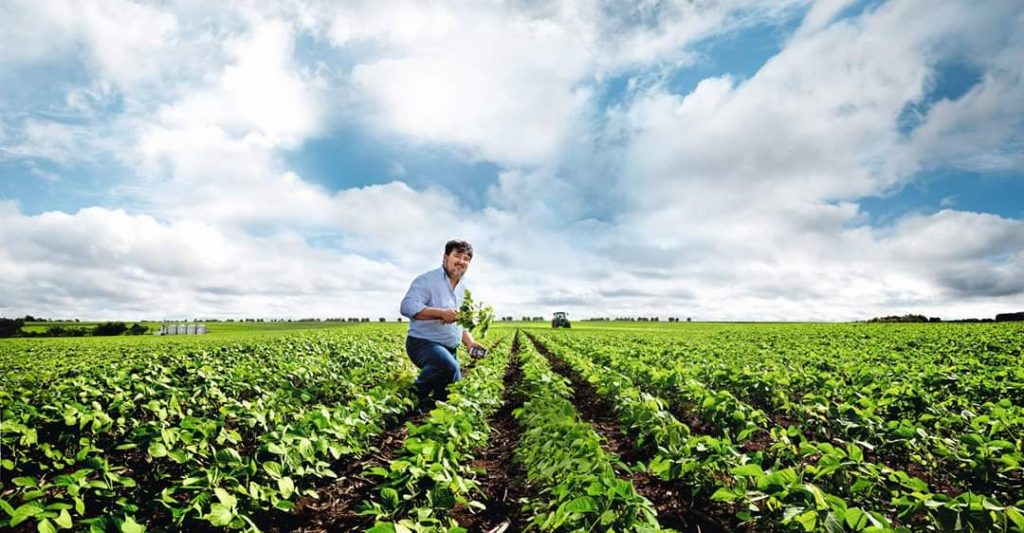–Michael Hailu
“Agricultural transformation is a priority in the policy agenda of African governments in their quest to meet the challenges of food and nutrition insecurity, climate change, youth unemployment and overall economic growth. With the right policies, innovation and investment, the continent’s agriculture could be transformed into a powerhouse not only to feed a growing population but to create decent employment for millions of young people.
Technology, as we have seen in other sectors, is critical to affecting change and driving development. It is bringing countries closer together, reducing barriers to trade and offering a window of opportunity to ‘digital native’ youth entrepreneurs at the vanguard of innovation applied to different economic sectors. In agriculture, digitalisation could be a game changer in boosting productivity, profitability and resilience to climate change.
There has been significant growth in digitalisation for agriculture (D4Ag) over the last ten years. In 2019 both the European Union-African Union Task Force Rural Africa Report (TFRA) and the Communiqué from the Global Forum for Food and Agriculture (GFFA) highlighted the power of digitalisation in transforming agriculture.
At CTA we staked a claim on this power of digitalisation to more systematically transform agriculture early on. Digitalisation, focusing on not individual ICTs but the application of these technologies to entire value chains, is a theme that cuts across all of our work. In youth entrepreneurship, we are fostering a new breed of young ICT ‘agripreneurs’. In climate-smart agriculture multiple projects provide information that can help towards building resilience for smallholder farmers. And in women empowerment we are supporting digital platforms to drive greater inclusion for women entrepreneurs in agricultural value chains.
In other words, at CTA, we know and understand the power to digitalise African agriculture. But we also understand that the evidence that will attract targeted investments to further develop D4Ag on the continent is lacking.
We realised that it is time to chart the scale of the opportunity and make some projections that will help in guiding policy and investment decisions. It is why we have produced this report together with Dalberg Advisors and supported by a high-level Advisory Council bringing together the key stakeholders that have been engaged in the space. The report is the first attempt to consolidate evidence and provide proof of impacts and the knowledge that will allow evidence-based investments.
While, in the report, we find a young sector, it’s clear that the appetite for D4Ag is burgeoning. However, without the right policy focus and investment there is a danger that the development will be piecemeal, neither sustainable nor inclusive. To capitalise on this opportunity we need to ensure that development is coordinated, that best-practices are shared and a collaborative approach to rolling out and scaling-up digital innovation, primarily focused on increasing use by farmers, is adopted.
This report is a valuable first step, we have seen an appetite to continually improve our understanding of the D4Ag landscape and chart the opportunity it offers for entrepreneurs, investors and governments. I hope our efforts will be valuable in guiding the opportunity and look forward to the collaborative push that I believe will bring D4Ag to life for the benefit of Africa’s smallholder farmers and food and nutrition security across the continent. And as long as we learn from lessons, do it right and manage risks and take into account data sovereignty, inclusivity, sustainability, we will all benefit.”
